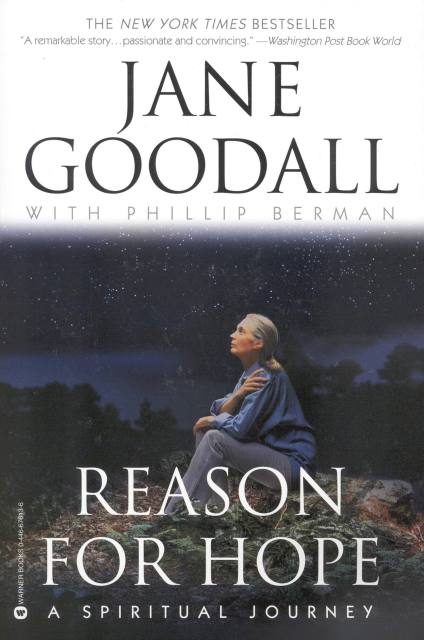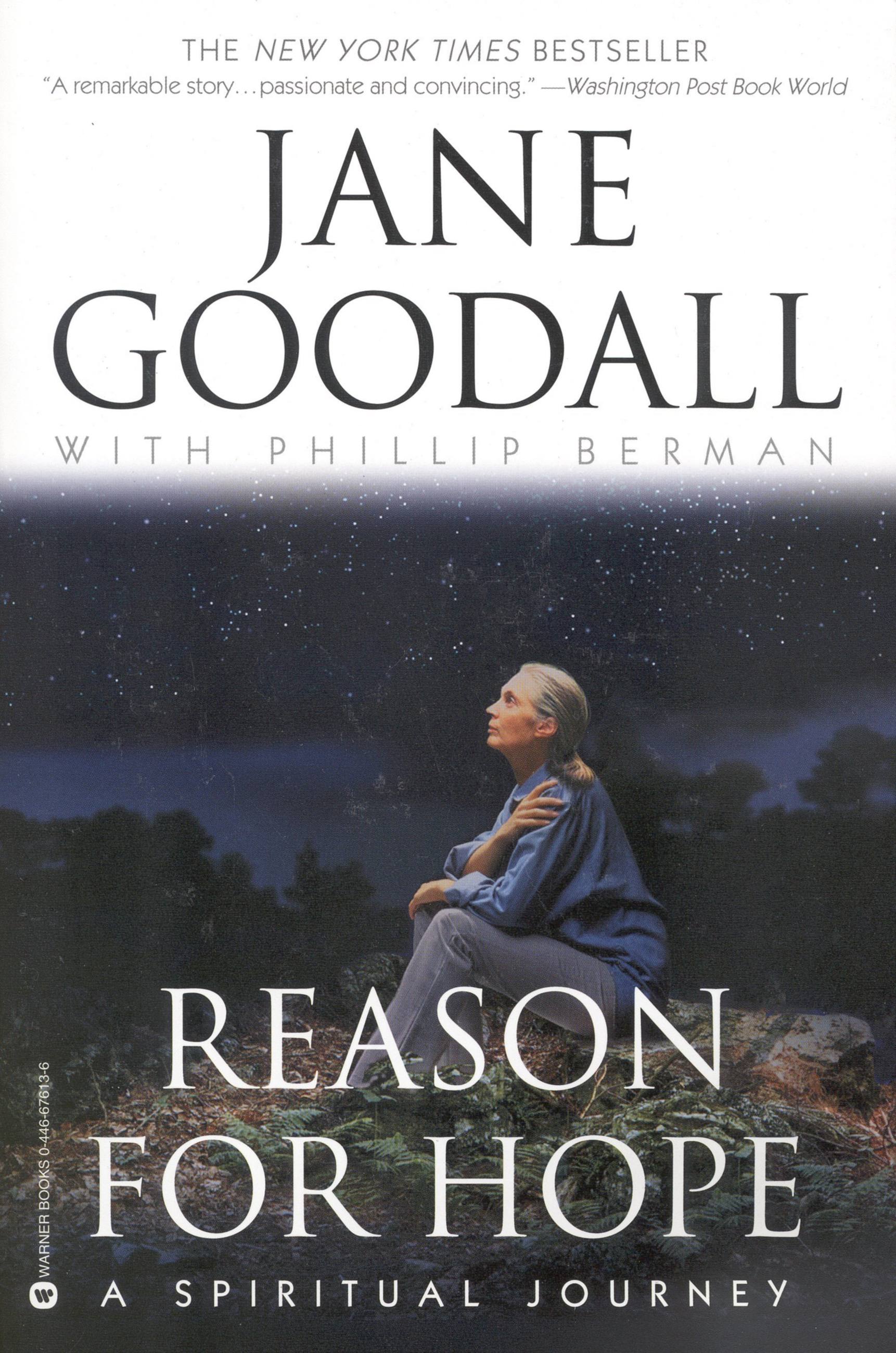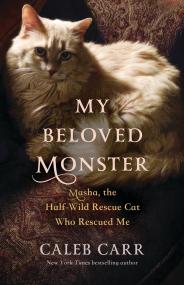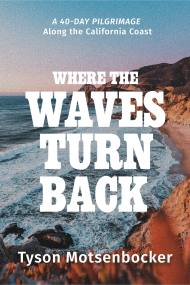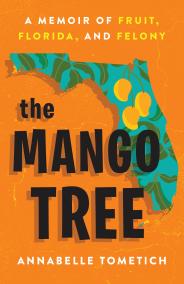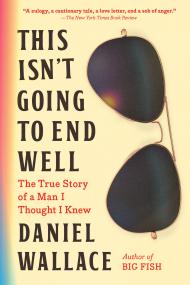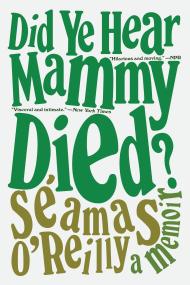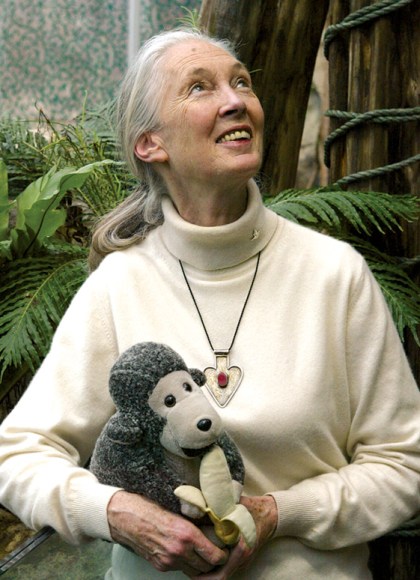Promotion
Use code MOM24 for 20% off site wide + free shipping over $45
Reason for Hope
A Spiritual Journey
Contributors
By Jane Goodall
By Phillip Berman
Formats and Prices
Price
$10.99Price
$13.99 CADFormat
Format:
- ebook $10.99 $13.99 CAD
- Hardcover $26.00 $34.00 CAD
- Audiobook Download (Abridged) $24.99
- Trade Paperback $17.99 $22.99 CAD
This item is a preorder. Your payment method will be charged immediately, and the product is expected to ship on or around December 8, 1999. This date is subject to change due to shipping delays beyond our control.
Also available from:
From world-renowned scientist Jane Goodall, as seen in the new National Geographic documentary Jane, comes a poignant memoir about her spiritual epiphany and an appeal for why everyone can find a reason for hope.
Dr. Jane Goodall’s revolutionary study of chimpanzees in Tanzania’s Gombe preserve forever altered the very, definition of humanity. Now, in a poignant and insightful memoir, Jane Goodall explores her extraordinary life and personal spiritual odyssey, with observations as profound as the knowledge she has brought back from the forest.
Dr. Jane Goodall’s revolutionary study of chimpanzees in Tanzania’s Gombe preserve forever altered the very, definition of humanity. Now, in a poignant and insightful memoir, Jane Goodall explores her extraordinary life and personal spiritual odyssey, with observations as profound as the knowledge she has brought back from the forest.
Genre:
- On Sale
- Dec 8, 1999
- Page Count
- 304 pages
- Publisher
- Grand Central Publishing
- ISBN-13
- 9780446930420
Newsletter Signup
By clicking ‘Sign Up,’ I acknowledge that I have read and agree to Hachette Book Group’s Privacy Policy and Terms of Use
